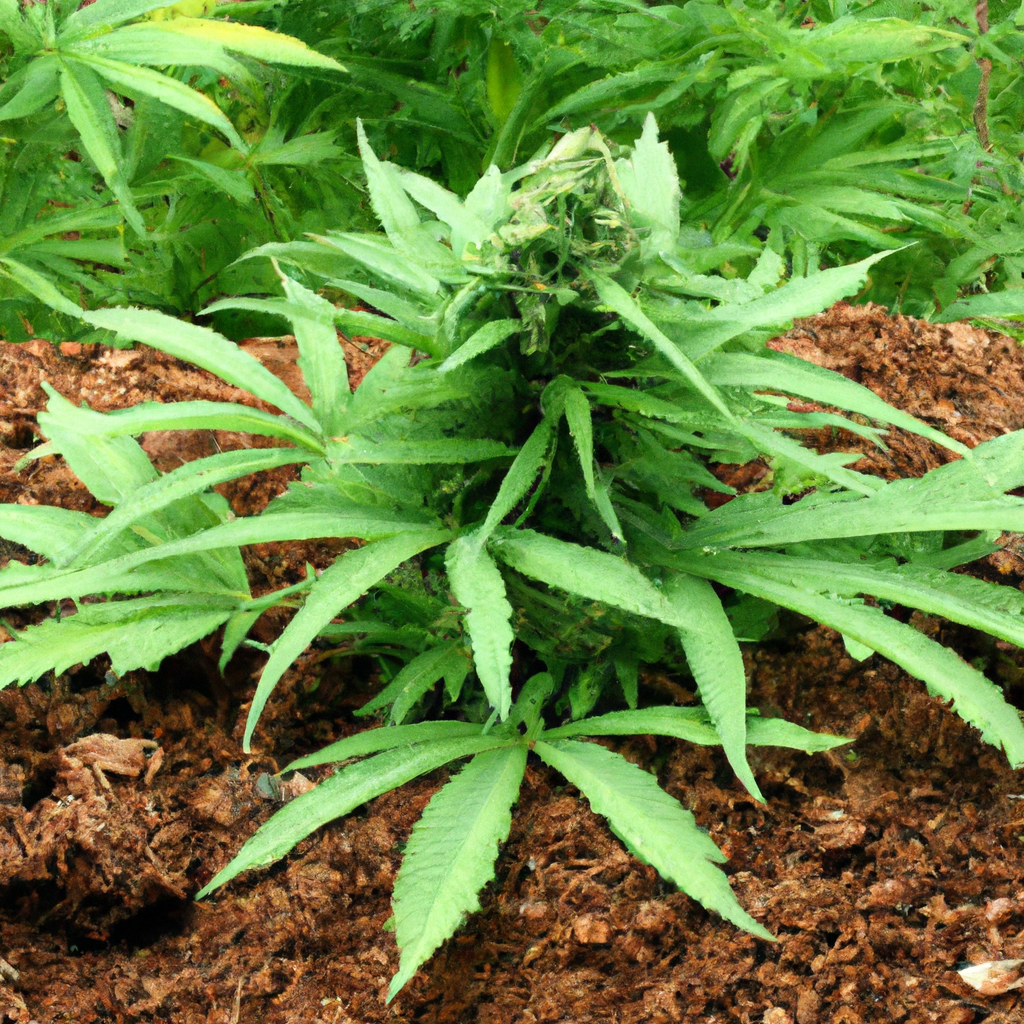Your cart is currently empty!
In the ever-evolving world of cannabis cultivation, the focus is increasingly on sustainability and eco-friendly practices. As growers seek to build greener, more resilient systems, understanding key techniques can make all the difference. Whether you’re a seasoned grower or a novice, integrating sustainable methods into your cannabis cultivation can lead to healthier plants and a more balanced ecosystem.
Introduction to Sustainable Practices
Sustainability in cannabis cultivation isn’t just a trend—it’s an essential shift towards more eco-conscious farming. By reducing waste, utilizing renewable resources, and promoting soil health, sustainable growing methods not only contribute to the planet’s well-being but also enhance the quality of your cannabis plants.
1. Embrace Organic Soil Amendments
Maintaining soil quality is a pivotal component of sustainable cannabis cultivation. Organic soil amendments, such as compost and worm castings, enrich the earth by providing essential nutrients and beneficial microorganisms.
- Compost: A diverse compost mix replenishes soil nutrients and improves structure, fostering robust root growth.
- Worm Castings: Often referred to as “black gold,” these castings enhance nutrient availability and help retain moisture, crucial for long-term sustainability.
2. Integrating Companion Planting
Companion planting promotes biodiversity, enriches soil health, and can naturally deter pests. By selecting plants that support one another, you create a thriving ecosystem where cannabis and its companions mutually benefit.
- Planting aromatic herbs like basil or mint can repel unwanted insects!
- Legumes such as clover enrich the soil with nitrogen, vital for cannabis growth.
3. Water Conservation Techniques
Efficient water use is fundamental in sustainable cannabis cultivation. Practicing water conservation not only lowers your environmental footprint but also ensures healthier plant growth.
- Drip Irrigation: Delivers water directly to the plant’s root zone, minimizing evaporation and waste.
- Rainwater Harvesting: Collects and utilizes rainwater, a natural resource, reducing dependence on municipal supplies.
Conclusion
Adopting sustainable cannabis cultivation practices involves a commitment to reducing environmental impact while enhancing the quality of your crop. Through organic soil amendments, companion planting, and efficient water management, you contribute to a thriving ecosystem and produce superior cannabis products. Embrace these techniques and become a steward of sustainable growth, benefiting both your harvest and the planet.
Tags: OrganicGrowing, CompanionPlanting, WaterManagement, SustainablePractices, CannabisCultivation
Discover more from Magic Clones
Subscribe to get the latest posts sent to your email.


Leave a Reply